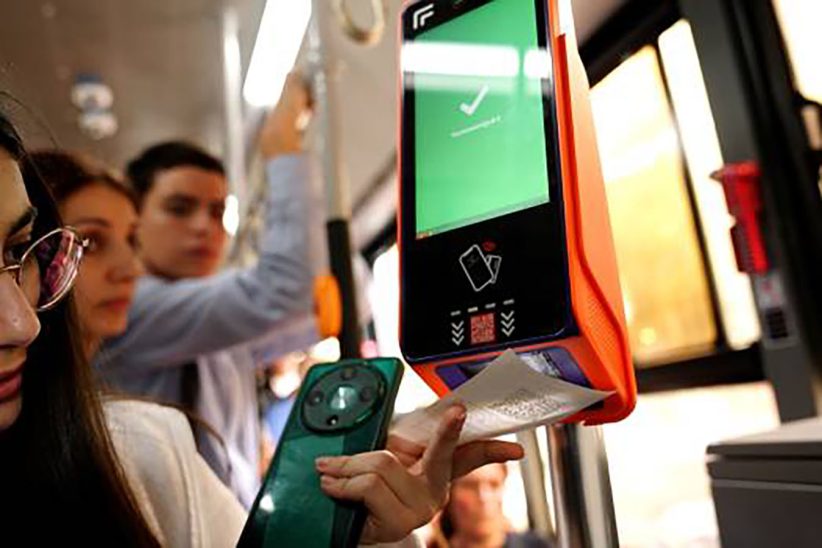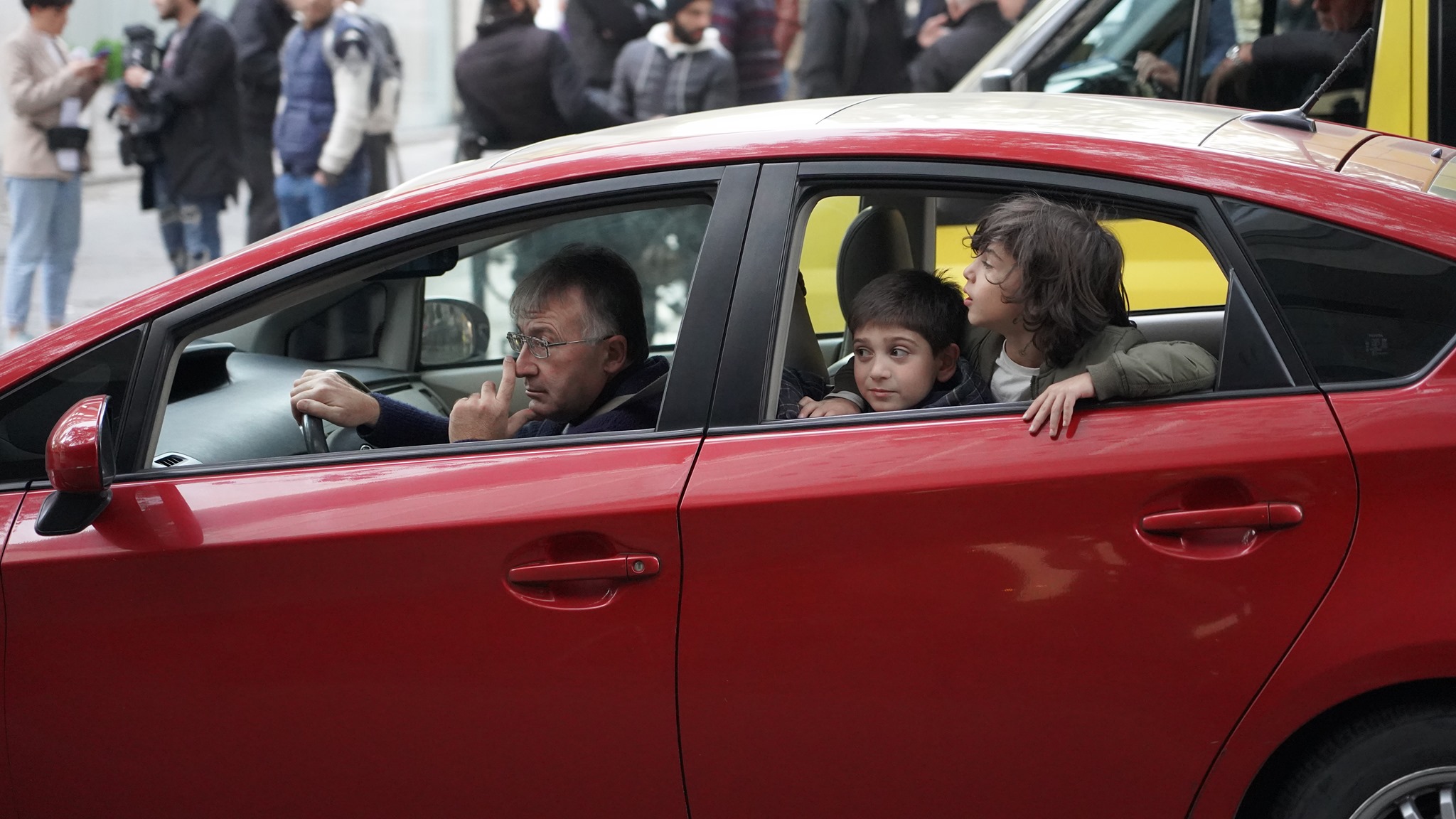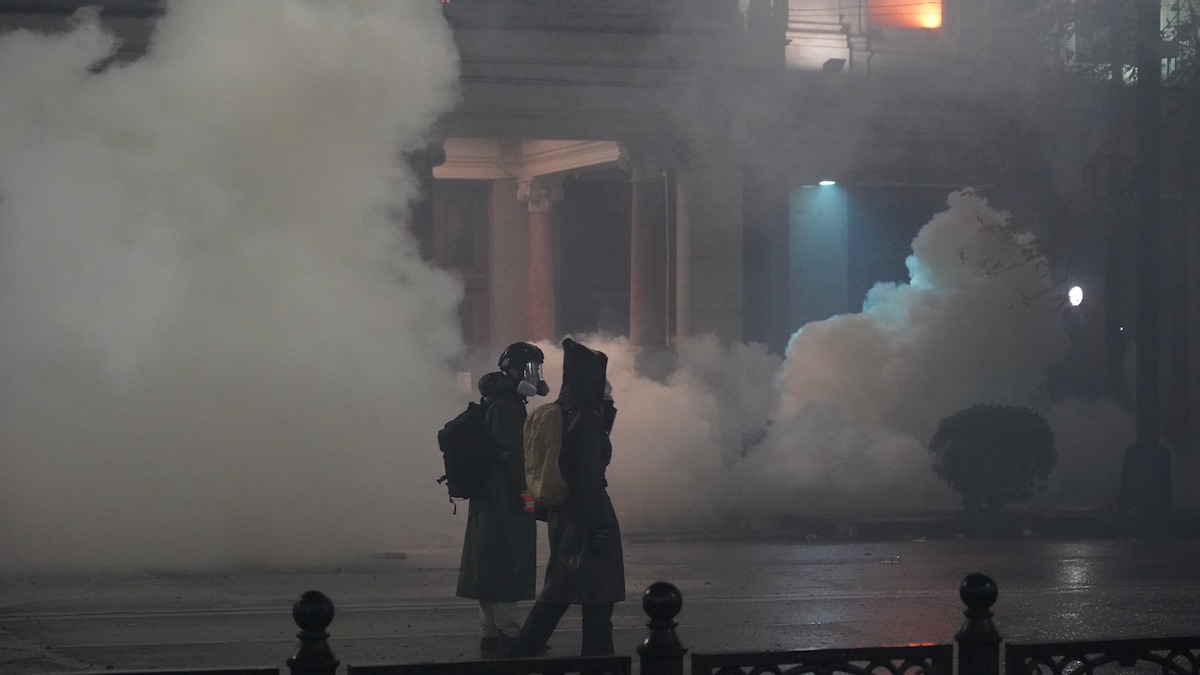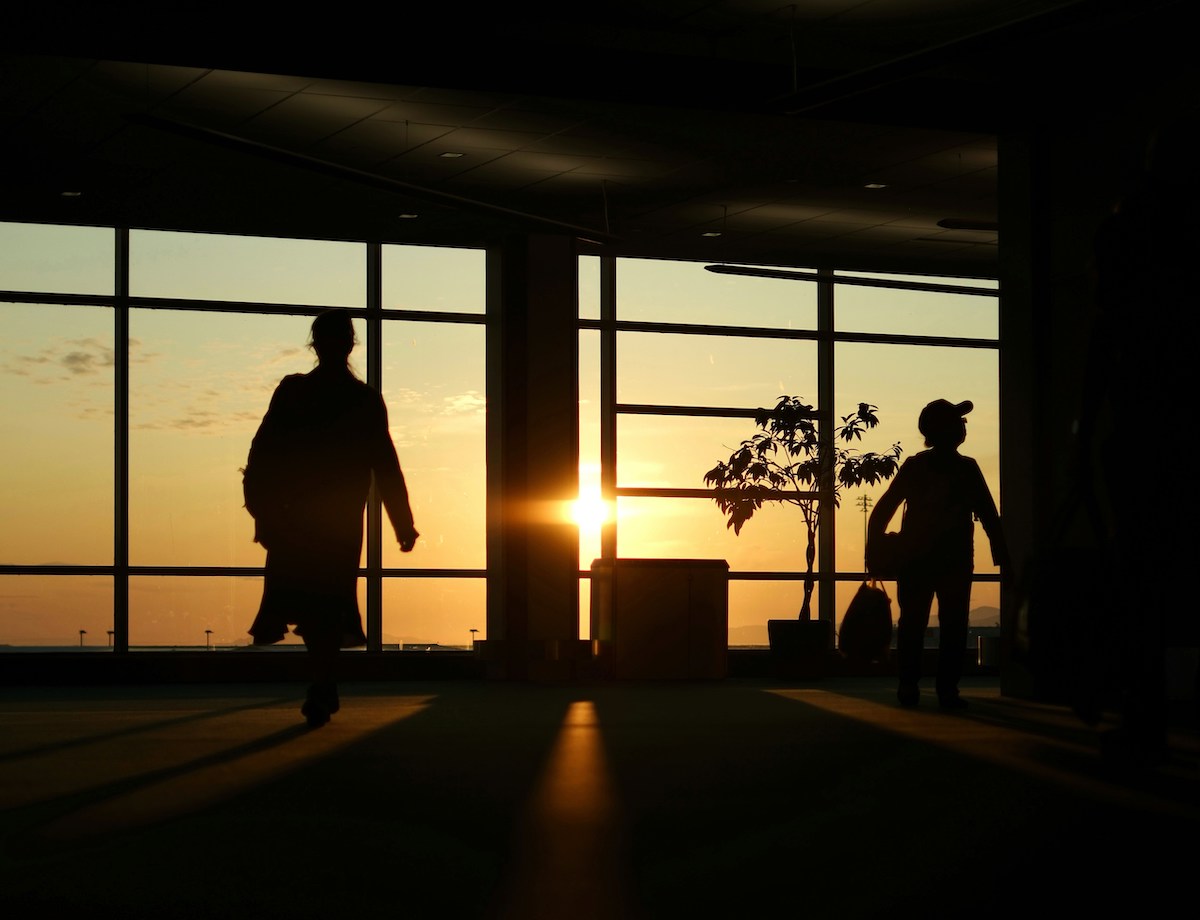Share














Most read

Top stories in Azerbaijan, Armenia, and Georgia from 23-27 June, 2025
'Russian trace' suspected in Armenian clergy: Another priest faces criminal charges
UK warns: businesses in Georgia and Armenia aiding Russia’s sanctions evasion will be sanctioned
Violence against Azerbaijanis in Russia’s Yekaterinburg sparks Baku–Moscow tensions: opinions
"EU to support Armenia in this critical moment": Kaja Kallas visits Yerevan

“The era of free rides is coming to an end,” says Yerevan Mayor
"Outrageous condolences" - Georgian opposition slams Foreign Ministry for attending Iran embassy ceremony
Zangezur Corridor through Armenia back in the spotlight: US plan and Azerbaijan-Russia tensions
Amnesty International launches campaign to punish police for protest violence in Georgia
Georgian Dream’s foreign ministry expressed solidarity with Iran over “Israeli regime attack victims"












